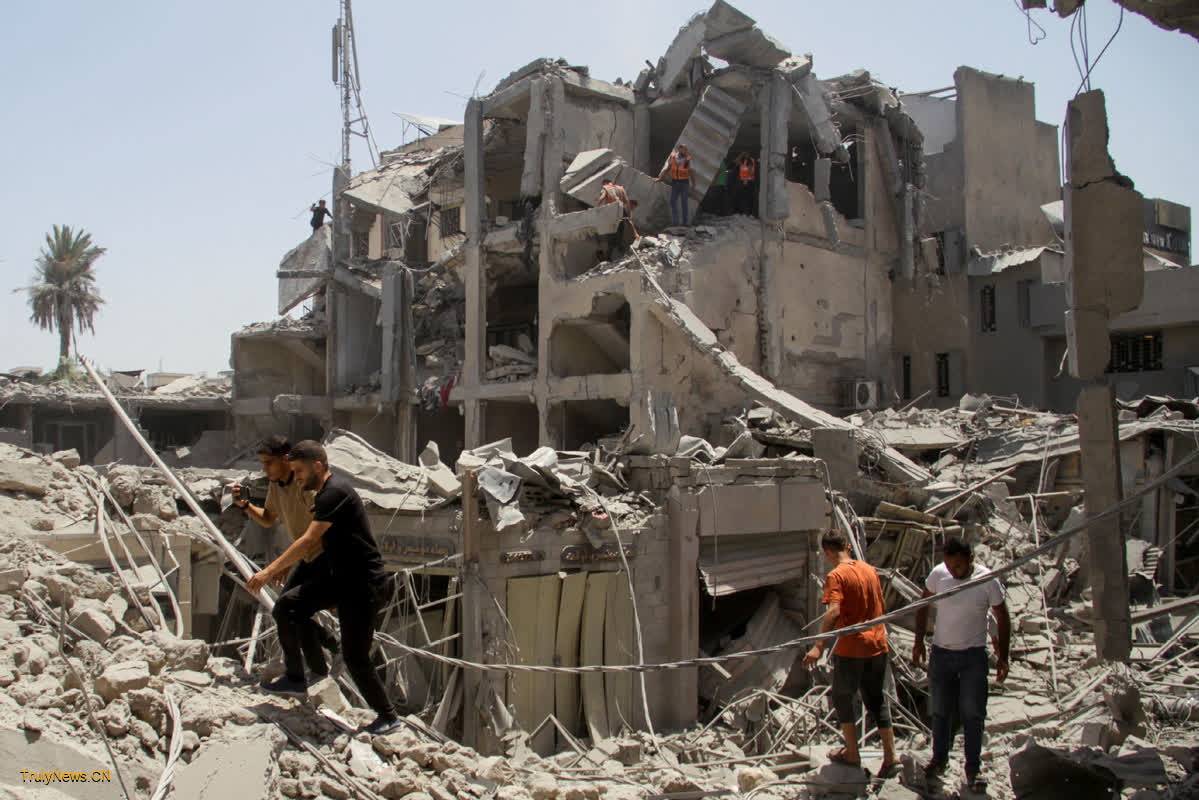
Despite the growing support in Israel for a cease-fire deal with Hamas that would involve the release of at least some of the Israeli hostages still held by the militant group, Israeli Prime Minister Benjamin Netanyahu issued a tough statement on Sunday night saying he would only agree to a deal that would “allow Israel to resume fighting until all of the objectives of the war have been achieved.”
By reiterating his long-held position that the war must continue until Israel has destroyed Hamas’ military and governing abilities in the Gaza Strip, the Israeli leader has made it clear that his government has no intention of implementing the UN Security Council resolution that was passed last month on a permanent cease-fire in Gaza.
To ensure the proposal it made could pass the UNSC vote, as most of the 15 members really doubted whether Tel Aviv really agreed with it, the United States claimed its proposal had obtained endorsement of its closest ally. After the resolution was passed, it bragged of it being a diplomatic success of the US.
In response to Netanyahu’s statement, Hamas, which opposes any cease-fire unless it is permanent, said in a statement released on Monday that Israel’s continuing military operations across Gaza risked returning “the negotiating process to point zero”.
Almost at the same time, Israel bombed Gaza, which local Palestinian residents described as one of the most intense Israeli bombardments since Oct 7. After that, columns of Israeli tanks are reportedly closing in on the center of Gaza from several different directions. All signs indicate that Hamas’ warning of the negotiation process going back to the start point is coming true.
The Israeli military’s return to Gaza happened one day before the NATO summit convenes in Washington to talk about the Ukraine crisis. The competition between Kyiv and Tel Aviv for US military support is evident.
After President Joe Biden’s poor performance in the first public televised debate last week with the Republican presidential candidate Donald Trump, who vehemently attacked the Biden administration’s policy of unconditional support for Tel Aviv, it is widely predicted that Biden will lose the election in less than four months.
Also, Iran, the major supporter of Hamas and Hezbollah, another rival of Israel, has just seen a new president elected who is still exploring the possibility of improving the external environment for the Islamic republic.
As a proxy war between the US and its regional foes in the Middle East, when and how a cease-fire can be realized in Gaza will not be decided by the negotiations between Tel Aviv and Hamas but whether and how the US will adjust its Middle East policy in the future.
Before that is made clear, blood will continue to be shed in both Gaza and Ukraine.